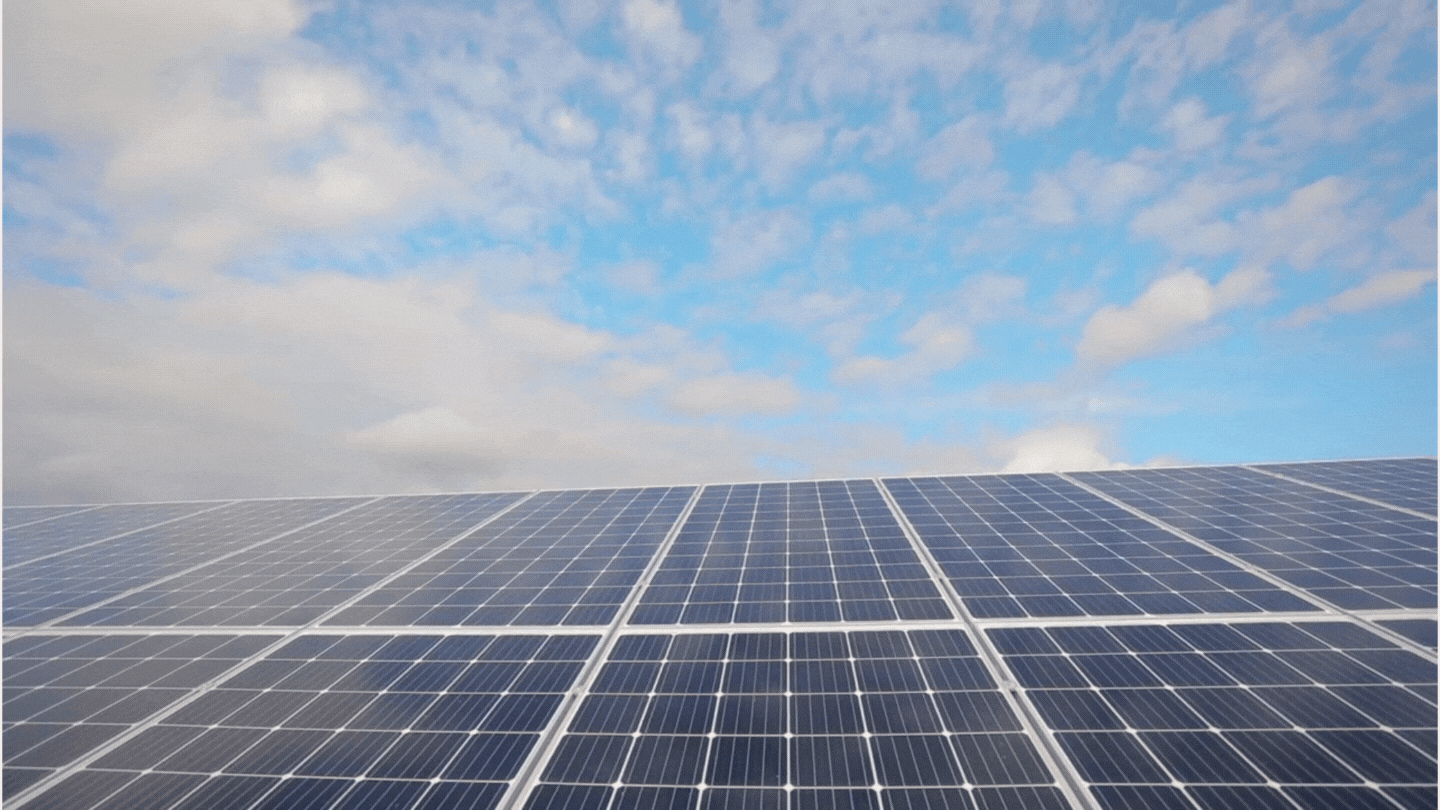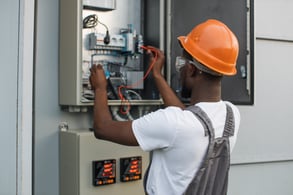As global warming rises, many communities turn to solar farms to combat the issue. Because solar farms do not have any harmful discharges, they do not contaminate the land, water, or air around them. This combined with how sustainable they are gives them an edge over fossil fuel usage for power generation. As more solar farms are created, though, you might wonder how safe these structures are. In fact, you may ask, "can solar farms catch on fire?"
Like with anything that conducts or transports electricity, they can. Although these fires don't happen often, they’re still a possibility. That’s why it’s important to understand solar farm fire protection to keep the farms and surrounding areas safe from destruction.
What Causes a Solar Fire?
There are several factors that can cause a solar farm to catch fire, many of which include damage to the equipment on the farm. They are:
- Extreme Heat: Solar fires are also caused by extreme heat. Heat can cause solar farm equipment to deteriorate, leading to a higher likelihood of an arc fault, which is a discharge of electricity. An arc fault then generates an arc flash—light and heat caused by the fault, in other words. These arc flashes can occur in electrical cabinets when someone works inside them in hot weather. High temperatures and lots of sunshine can also cause increased load on a transformer, meaning the amount of electricity passing through a transformer and the rest of the power grid. A larger load on the power grid can increase the chance of a transformer failure, which can lead to a power outage and even a fire in some cases.
- Damaged/Poor-Quality Equipment: Solar farms have equipment, such as inverters and controllers, that are more sensitive than many other parts of the power grid. These sensitive pieces of equipment rely on efficient operation to prevent excessive heat buildup. Damaged or poorly-constructed equipment can cause fires if this excessive heat ignites.
- Foundation Failures: When a foundation starts to crumble or collapse, all of the overhead energized parts of a solar farm can fall into the ground. This can cause a fault and increase the odds of a fire.
- Debris Buildup: Buildup of dirt and grime can create a path for electricity to flow along the surface of an insulator or equipment bushing. An arc flash occurs when this debris creates a low enough resistance path (meaning the electricity can travel down it quicker), possibly creating an arc fault. This arc flash is capable of igniting a fire.
- Water: When water finds its way into external electrical equipment, faults are more likely to occur and cause a fire. High humidity can also increase the odds of an arc flash on dirty insulators.
- Frost Heave: A frost heave is caused when freezing weather causes soil to bulge. This can push the equipment of a solar farm out of the ground, causing energized parts to fall into the structure or onto the ground. Like with foundation failures, a fault may occur and ignite a fire. A fault may also occur if the frost heave pushes up the conduit and shears the insulated conductors inside.
- Poor Installation: If equipment was poorly installed, an arc fault is more likely to appear during normally safe operation. If this arc were to touch any sort of flammable material, it could catch it on fire.
There are many factors that can cause solar farm fires, but with regular maintenance checks and fire suppression systems, the chances of a fire occurring on your solar farm are significantly lower. When measuring solar farms pros and cons, the pros greatly outweigh the cons.
How Many Fires Have Been Caused by Solar Panels?
Solar panels themselves rarely ever cause a fire. Most fires on solar farms are caused by other pieces of equipment, such as electric cabinets and cables. Even then, solar farm fires are still rare. Solar farm fire statistics are not specifically tracked in the United States, however, one German study found that less than 1% of solar power systems catch fire. From what experts can tell, these numbers are comparable to those in the U.S. Compare that to the thousands of oil spills that happen every year in the U.S. alone, and solar farms still prove the safer energy source.
Decrease Your Solar Farm Fire Risk
Even though it's not often that a solar farm catches on fire, it’s still important to take safety measures to help prevent them from spreading when they do occur. Properly maintaining and monitoring equipment is the first step. The next step is to routinely conduct Fire Risk Assessments and implement any necessary changes to reduce your solar farm fire risk. Interested in learning more? Check out our Solar Farm Fire Report or contact us for more information.

